SECURE ENTERPRISE CLOUD HOSTING
goBASYS | goISSI
Benefit from secure cloud-based hosting solutions with goBASYS and goISSI available on Bridgeway's premier BASYS and ISSI technology platforms
High Security
Bridgeway's hosting infrastructure is the backbone of our services. State-of-the-art security and redundancy defends against data loss, fraud and abuse, ransomware and critical system failures. We are the first and still one of the few in the Taft-Harley space to have our applications hosted in a SOC 2 Type 2 PCI certified secure cloud.
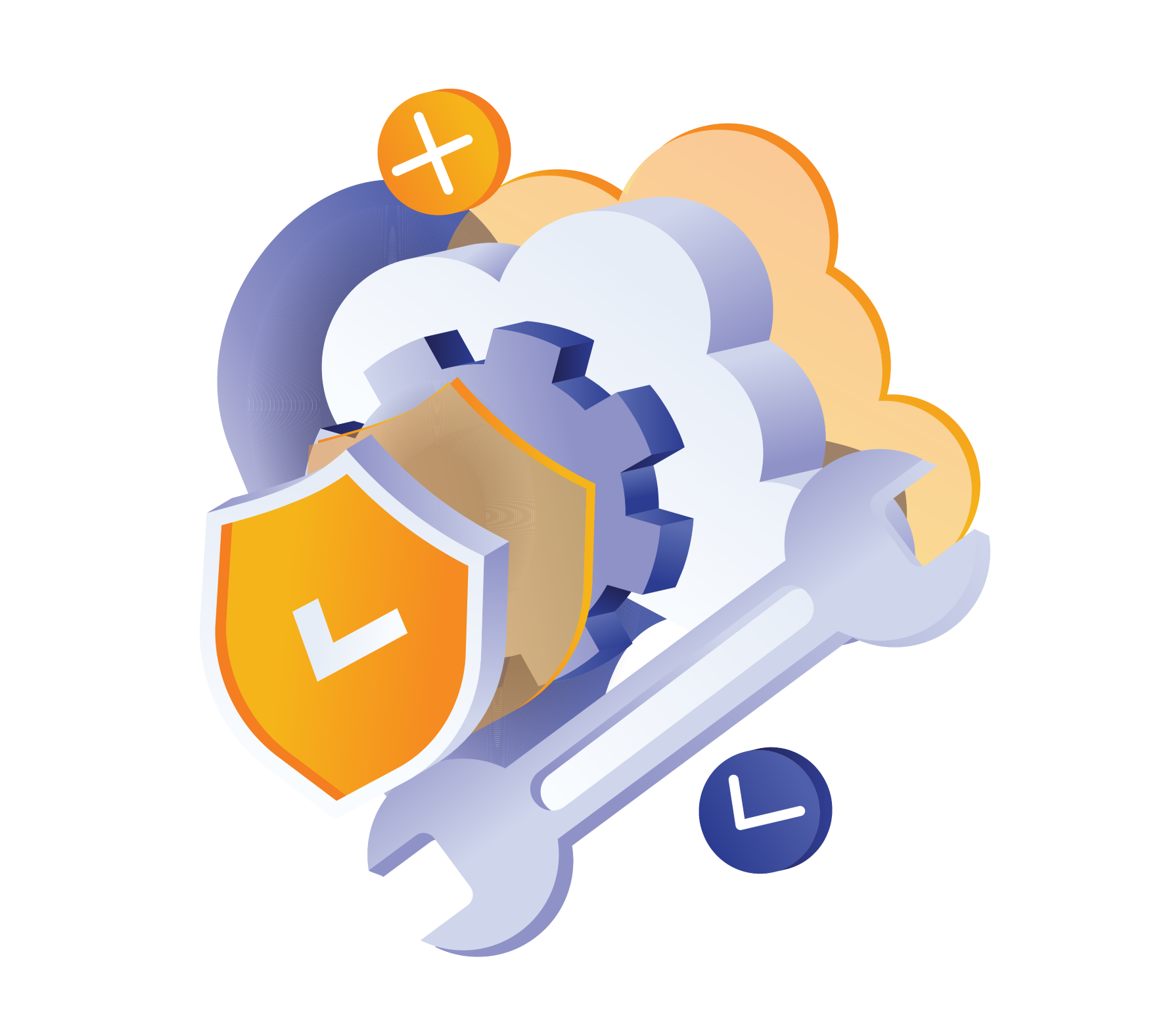
High Performance
Confidence that systems, data, PHI, and plan rules are protected by the industry’s highest level of performance. Our hosted customers are assured that we maintain the gold standard for availability, integrity and confidentiality, assuring that vital systems and member data are always safeguarded.
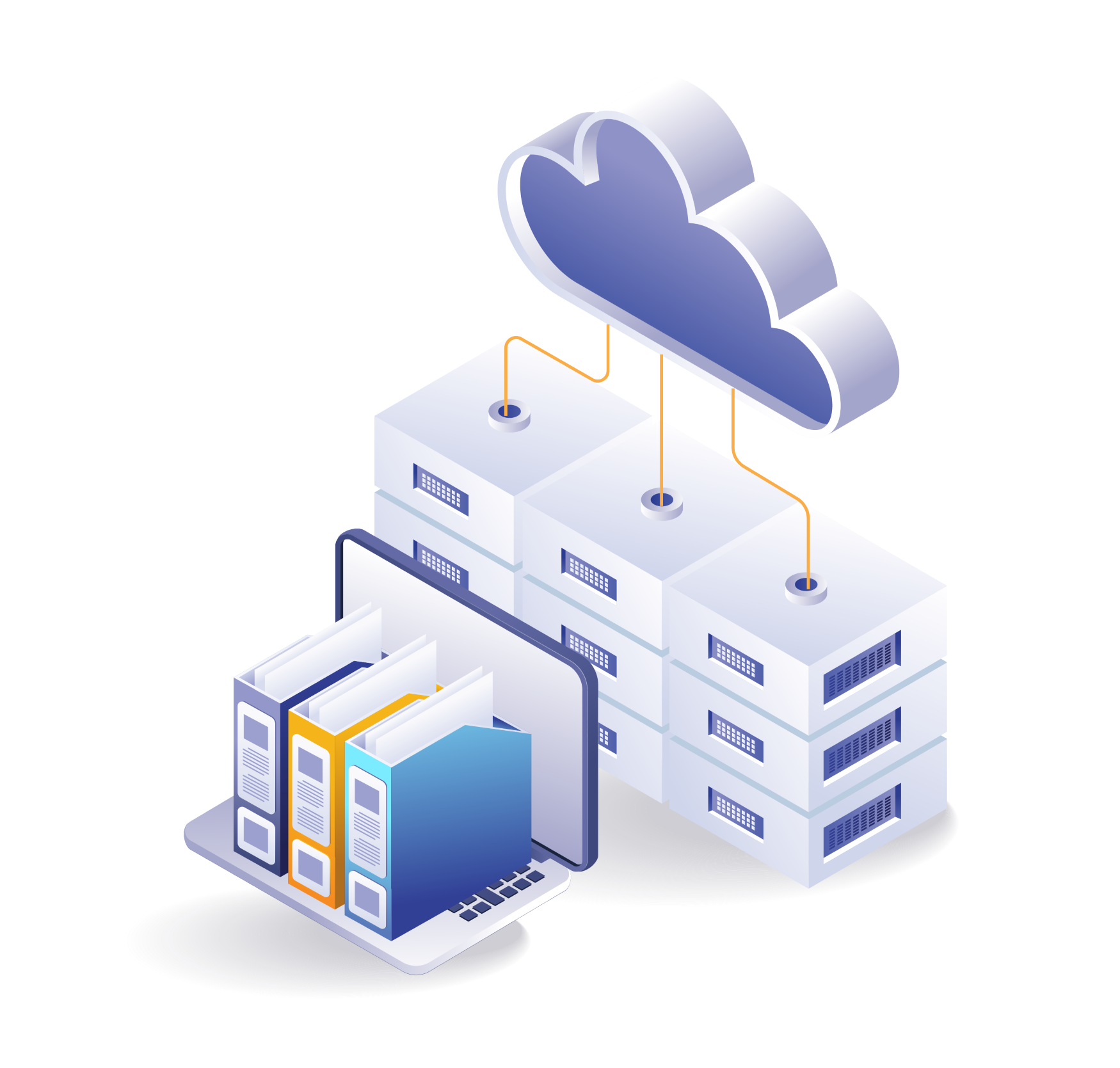
The Burdens and Risks of Self-Hosting Are Many
Owning and managing an in-house IT infrastructure can be expensive and daunting, potentially leaving you and your members exposed to cybersecurity threats.
Infrastructure Costs
Ongoing costs are many and often overlooked beyond an initial hardware investment
Cybersecurity Threats
Need for constant monitoring and security patches to ensure a secure environment
Regulatory Challenges
Increasing demands to keep pace with regulatory and insurance requirements
Backed by a Seasoned Team of Certified System Administrators

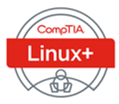
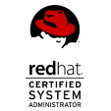


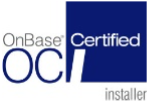

We Have a Security First Mindset
Bridgeway follows recognized industry standards, practices and policies for information security to mitigate risk and deliver enhanced cybersecurity protection to your fund office and its members. Staying ahead with enhanced security measures means you benefit.


